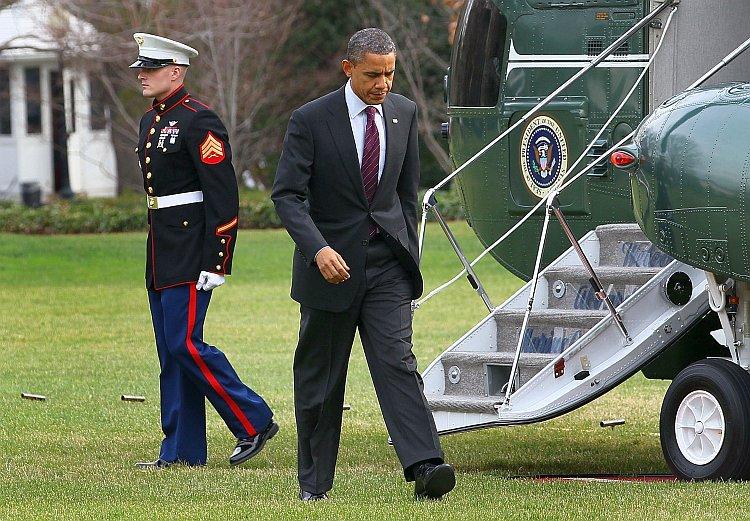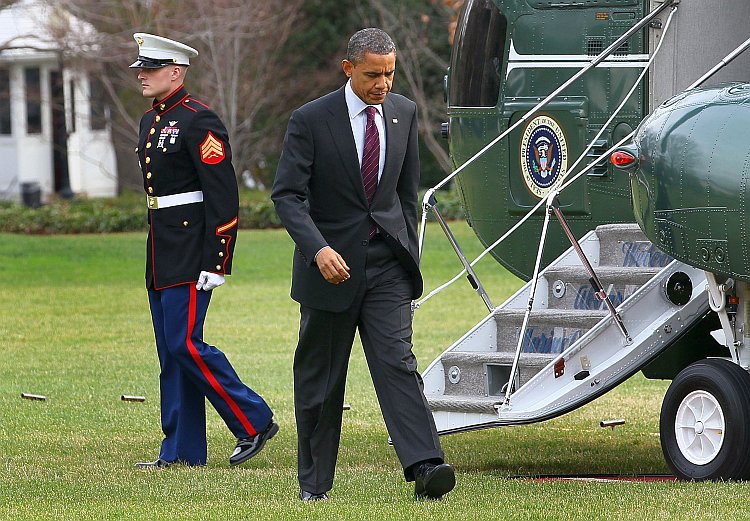President Obama signed into law the controversial National Defense Authorization Act (NDAA) on Saturday, despite what he said were “serious reservations.”
“The fact that I support this bill as a whole does not mean I agree with everything in it,” the president said in a prepared statement. “I have signed this bill despite having serious reservations with certain provisions that regulate the detention, interrogation, and prosecution of suspected terrorists.”
Such provisions in NDAA extend to detainment of U.S. citizens who are members of al-Qaeda or “associated factions.”
The NDAA also seeks to suspend 60 percent of $1.1 billion in counterinsurgency aid to Pakistan, as the State and Defense departments reassess the country’s effectiveness in counterterrorism, specifically the manufacture of improvised explosive devices (IED).
The bill authorizes $662 billion in spending to fund the military through 2012. It also provides for sanctions against foreign financial firms that purchase Iranian oil, and penalize Iran’s central bank as part of an effort to toughen sanctions against the country in response to its expansion of nuclear development.
President Obama was critical of Congress’s attempt to limit executive authority in conducting counterterrorism, saying, “Some in Congress continue to insist upon restricting the options available to our counterterrorism professionals and interfering with the very operations that have kept us safe. My administration has consistently opposed such measures.”
In his statement, the president addressed public concerns over the provisions pertaining to detainment of U.S. citizens, saying, “The bill does not ‘limit or expand the authority of the president or the scope of the Authorization for Use of Military Force.’ Second, under section 1021(e), the bill may not be construed to affect any ‘existing law or authorities relating to the detention of United States citizens, lawful resident aliens of the United States, or any other persons who are captured or arrested in the United States.”
“My administration will not authorize the indefinite military detention without trial of American citizens,” Obama added. “Indeed, I believe that doing so would break with our most important traditions and values as a nation.”






